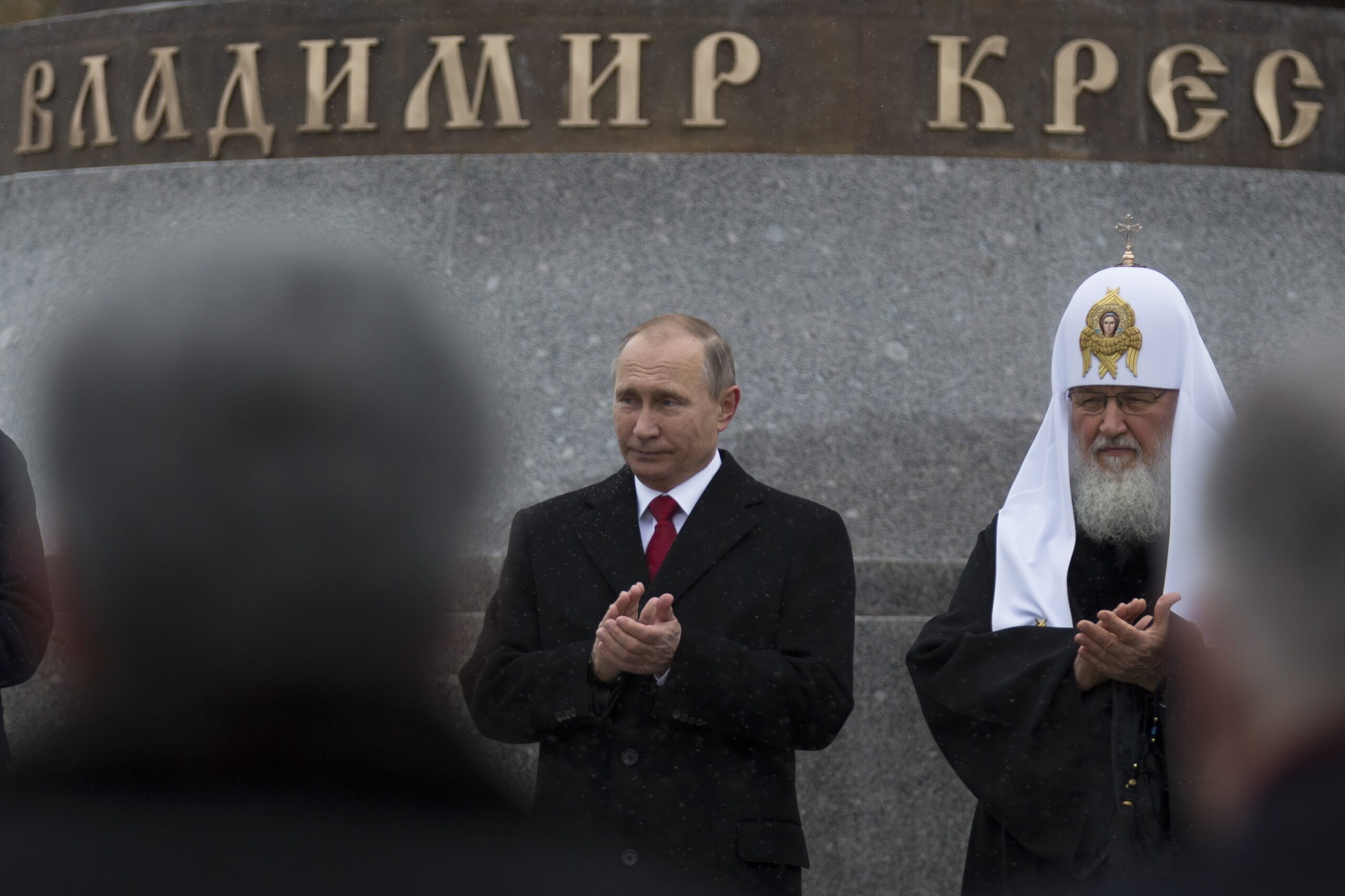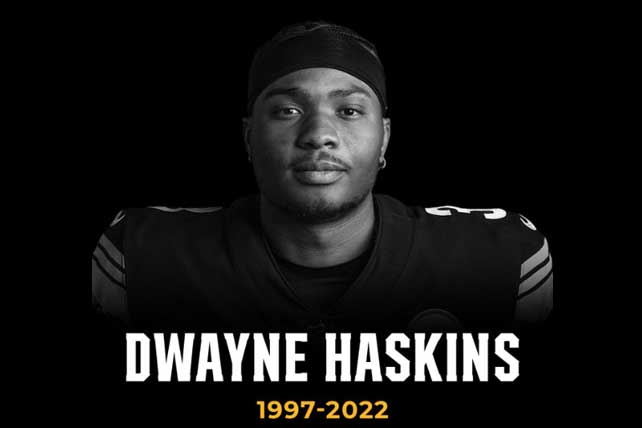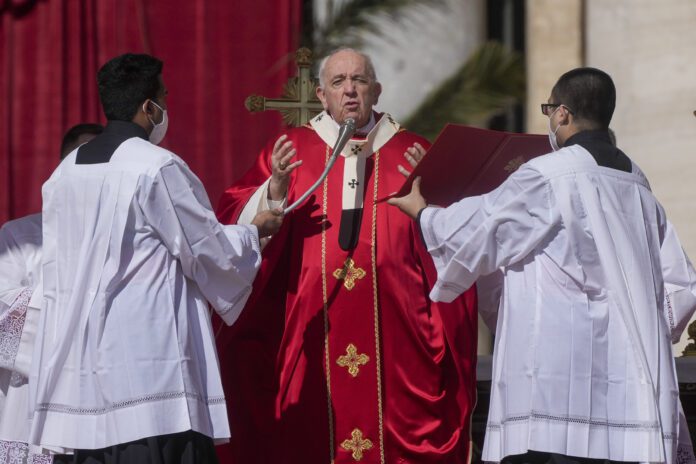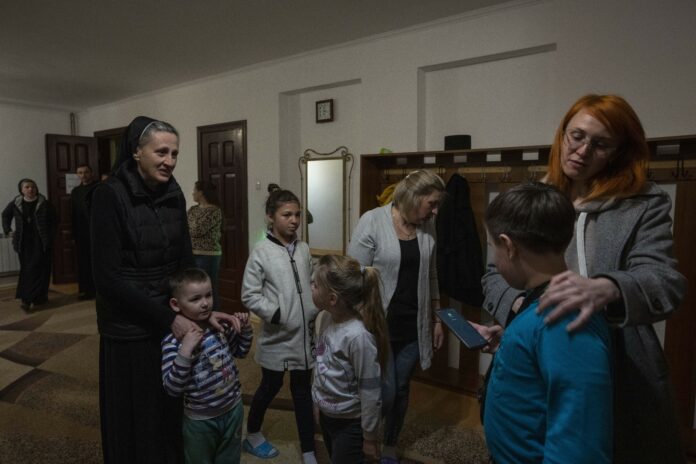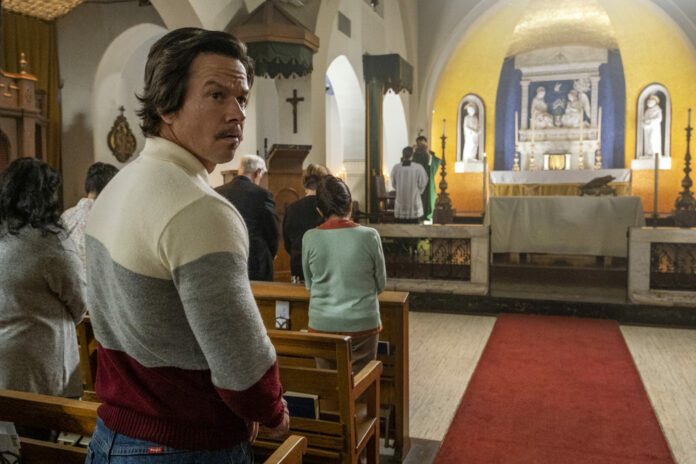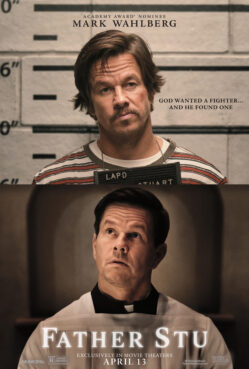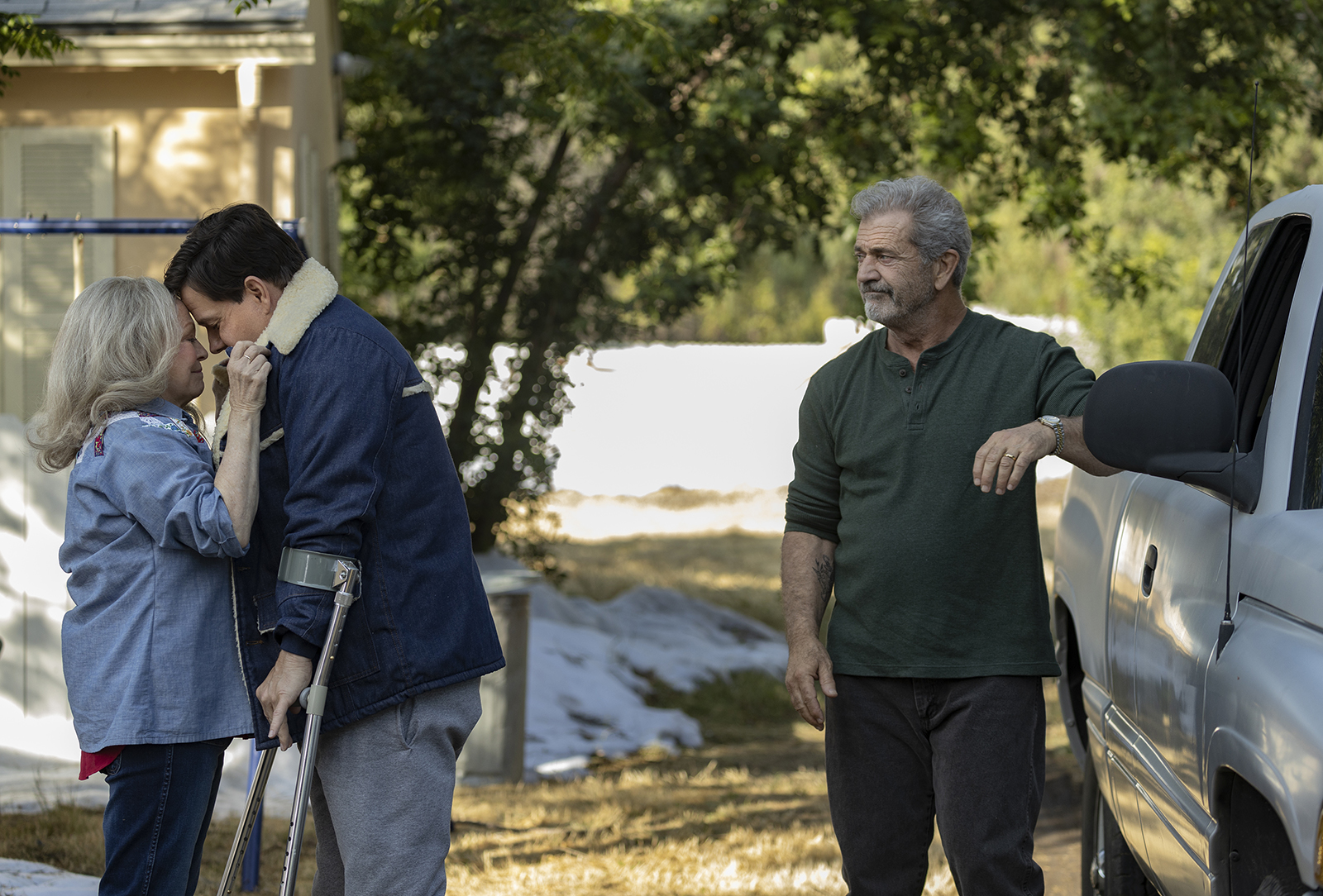MOUNT EBAL, Israel (BP) – Further evidence of ancient Hebrew language, in the form of a lead tablet with a written inscription, has been discovered near Mt. Ebal in Israel. The finding has been hailed as a major boon to the case for an older Old Testament, but a Southern Baptist seminary professor urges caution.
Mt. Ebal is mentioned in Deuteronomy 27 and Joshua 8, where it describes Joshua building an altar to the Lord.
The inscription on the tablet, which measures only a few centimeters in length and height, has reportedly been translated into English as:
Cursed, cursed, cursed – cursed by the God YHW.
You will die cursed.
Cursed you will surely die.
Cursed by YHW – cursed, cursed, cursed.
According to media reports, the tablet with the inscription was originally found in 2019 by a team from the Associates for Biblical Research (ABR) led by archaeologist Scott Stripling.
Stripling is the Director of the Archaeological Studies Institute at The Bible Seminary in Katy, Texas. He led the team from ABR to Israel in order to examine materials excavated by archaeologist Adam Zertal near Mt. Ebal during the 1980s.
RELATED: Archaeological Discovery Suggests Pre-Destruction Jerusalem Was More Affluent and Bigger Than Originally Thought
Stripling reportedly found the artifact in a location that Zertal identified as the altar Joshua created in Joshua chapter 8.
In a press release March 24, Stripling and ABR announced the discovery and translation of the tablet, as well as dating estimation for the artifact.
ABR determined the tablet could be the oldest piece of known evidence of the name of God “Yahweh,” in the Hebrew language. The organization dates the article as potentially being from the late Bronze Age, around 1200 or even 1400 B.C.
If accurate, the artifact would be dated hundreds of years before the Dead Sea Scrolls, estimated to have been written around 200 B.C.
This conclusion would add evidence to an older dating of the Scriptures. Many biblical historians believe much of the Old Testament Scriptures were written shortly after the events took place, not hundreds of years later.
Reports say an academically peer-reviewed article for the discovery is in the works.
Jim Parker is professor of biblical Interpretation at New Orleans Baptist Theological Seminary, as well as the executive director of the Michael and Sara Moskau Institute of Archaeology at the seminary.
Parker praised the work of both Stripling and Gershon Galil of the University of Haifa (another archaeologist collaborating with Stripling on the project), but disagrees about the conclusion of some on the dating of the artifact.
RELATED: Philistines Likely Immigrants From Europe, DNA Discovery Shows
Although Parker subscribes to the older dating of the Scriptures and believes the inscription is great evidence of the use of Hebrew language, he does not believe enough evidence currently exists to date the artifact in the late bronze age.
“We love any kind of find, particularly inscriptions, that can add to our knowledge base, and this find is very interesting,” Parker said. “If it turns out to be what it is thought to be, it would be a monumental find in archaeology for Israel, but I believe there is just more work to be done.
“The issue for this artifact is the context or provenance where it was found. It can be very difficult to do this sort of relative dating on an artifact like this because it was found in an area which had already been dug, so it can be hard to determine when the artifact was deposit or dropped in that location … there simply isn’t enough evidence in hand yet to accurately date an artifact like this.”
Despite the difference in opinion regarding the inscription’s dating, Parker said it remains an important extra-biblical artifact confirming narratives contained within Scripture and supporting the early Hebrew language that would become what is used in the Scriptures.
RELATED: Was It Sodom? Meteor Likely Wiped Out an Ancient Middle Eastern City
“The idea of something like this with cursing language being on Mount Ebal is exactly the type of language what you expect after you read Deuteronomy 27 and Joshua,” Parked said. “It is a direct link to these biblical passages, and the language would almost be contemporary to that time.”
Even some of the literary techniques evident in the inscription support common Hebrew language practices seen in Scripture.
A particular language technique Parker described as being clear in the inscription is a Chiasm or Chiastic language. This Hebrew literary technique is where words are repeated in a different order all working toward and coming out from the center of the lines of in the particular piece of text.
Examples of Chiastic language in Scripture can be found in Isaiah 2:3-5, Isaiah 6:7 and Isaiah 11:4.
Parker concluded by stating advances in technology and methodology used in archaeology will only serve to help find more evidence supporting the Scriptures in the future.
“It helps us find these smaller finds such as this one that was found,” he said. “Technology lets us see into things that we’ve never been able to before, and helps us simply understand things in a better way.”
This article originally appeared at Baptist Press.



